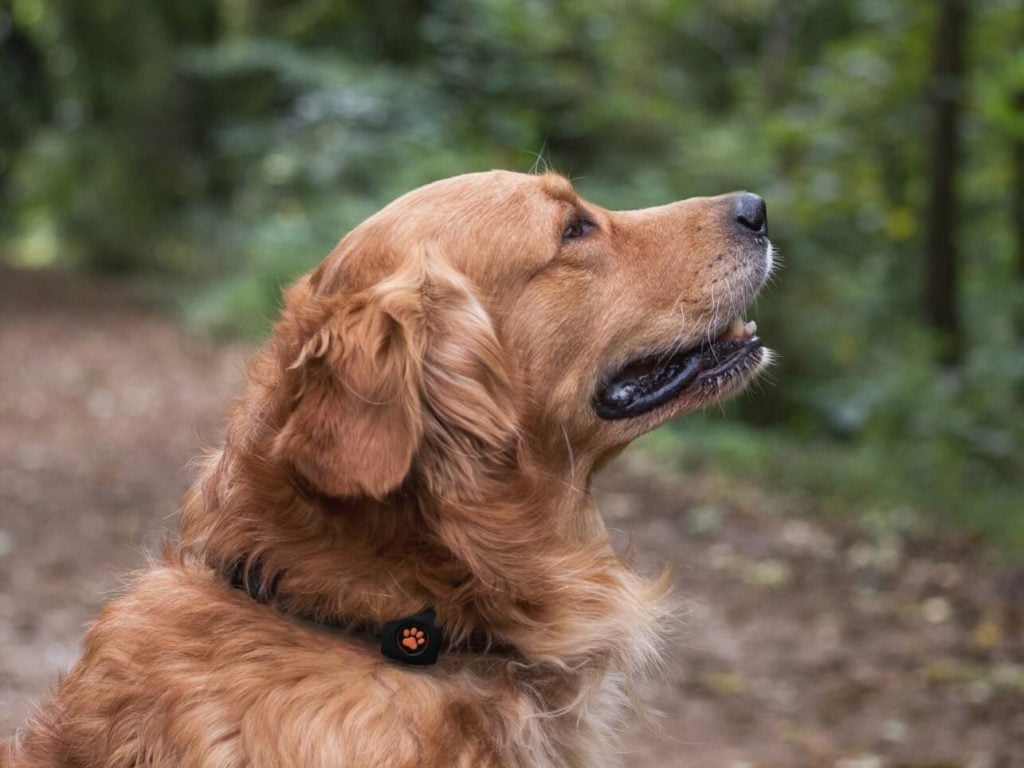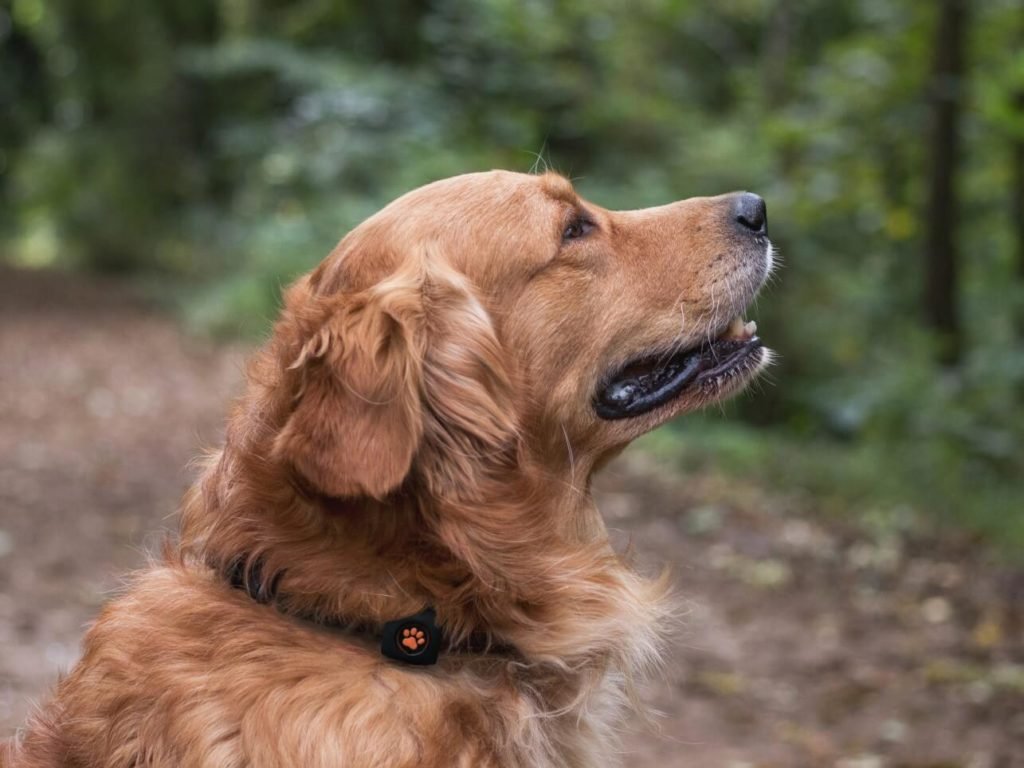Golden Retrievers are wonderful companions known for their friendly demeanor and love for exercise. But can you walk a golden retriever too much? Let’s dive into that question! 🐾
When it comes to walking your furry friend, it’s essential to strike the right balance. Golden Retrievers are active dogs that thrive on physical activity, but like anything, too much of a good thing can sometimes be too much.
So, how can you determine if you’re overdoing it? Let’s explore the factors to consider when it comes to walking your golden retriever and find that sweet spot that keeps them happy and healthy! 🚶♂️🐶
Do you wonder if it’s possible to walk a Golden Retriever too much? While Golden Retrievers are active dogs that enjoy exercise, overdoing it can cause fatigue and even joint issues. It’s essential to find a balance. Aim for 30-60 minutes of exercise daily, divided into multiple walks. Monitor your dog’s behavior and adjust the length and intensity of the walks accordingly. Remember, every dog is different, so consult with your veterinarian for personalized advice.

Can You Walk a Golden Retriever Too Much?
A golden retriever is a beautiful, energetic, and athletic breed known for their love of exercise and outdoor activities. But as an owner, you may wonder if there is such a thing as walking your golden retriever too much. It’s important to strike a balance between providing them with enough physical activity and not pushing them to their limits. In this article, we will explore the ideal amount of exercise for a golden retriever, the potential consequences of overexercising, and tips for ensuring your furry friend stays healthy and happy.
The Importance of Exercise for Golden Retrievers
Golden retrievers are high-energy dogs that require a significant amount of exercise to maintain their mental and physical well-being. Regular physical activity helps to keep them in shape, burn off excess energy, and prevent behavioral issues that can arise from pent-up energy. Daily walks, playtime sessions, and engaging in activities like swimming or fetch are excellent ways to meet their exercise needs. However, it’s crucial to understand that there is a fine line between providing enough exercise and overexerting your golden retriever.
The Ideal Amount of Exercise
Golden retrievers generally thrive with at least one to two hours of exercise each day. However, the specific amount of exercise your dog requires can vary based on their age, health, and individual needs. Puppies have boundless energy and may benefit from shorter but more frequent play and exercise sessions. On the other hand, older golden retrievers may require less intense exercise, but still need to stay active to prevent weight gain and maintain muscle tone. Consulting with your veterinarian can help determine the appropriate exercise routine for your furry friend.
It’s important to note that exercise for golden retrievers shouldn’t be limited to walks alone. These active dogs enjoy a range of activities that stimulate them mentally and physically. Games like fetch, agility training, and swimming can provide excellent outlets for their energy while also engaging their minds. Additionally, mental stimulation through puzzle toys and training sessions can complement physical exercise and help keep your golden retriever happy and well-rounded.
Key Takeaways: Can you walk a Golden Retriever too much?
- It is possible to walk a Golden Retriever too much, leading to physical strain and possible injury.
- A good rule of thumb is to aim for around 30 minutes to 2 hours of exercise per day, depending on the individual dog’s needs and energy levels.
- Over-exercising a Golden Retriever, especially at a young age, can impact their bone and joint development.
- Consulting with a veterinarian can help determine the appropriate amount of exercise for your Golden Retriever’s age, health, and size.
- Alternatives to excessive walking include mental stimulation activities, such as puzzle toys and obedience training.
Frequently Asked Questions
Golden Retrievers are active dogs that require regular exercise to stay healthy and happy. However, it’s important to ensure that their exercise routine is balanced to avoid overexertion. Here are some commonly asked questions about walking a Golden Retriever.
1. How much exercise does a Golden Retriever need?
Golden Retrievers are an energetic breed that usually requires between 1 and 2 hours of exercise per day. This can include walks, playtime, and mental stimulation activities. However, the exact amount of exercise needed may vary based on the individual dog’s age, health, and disposition.
It’s important to monitor your Golden Retriever’s behavior and adjust their exercise accordingly. If they seem overly tired or reluctant to continue, it may be a sign that they have had enough for the day. Always consult with your veterinarian for a personalized exercise plan for your specific dog.
2. Can you walk a Golden Retriever too much?
While Golden Retrievers require regular exercise, it is possible to overdo it. Long and intense walks without proper rest periods can lead to exhaustion, muscle strain, or even injury. It’s important to strike a balance and avoid pushing your dog beyond their limits.
If you notice signs of fatigue, such as heavy panting, lagging behind, or reluctance to continue, it’s time to take a break. Allow your dog to rest and recover. Remember, it’s better to have shorter, more frequent walks than one long, exhaustive session. Pay attention to your dog’s cues and adjust their exercise routine accordingly.
3. How do I know if I haven’t walked my Golden Retriever enough?
If your Golden Retriever is not getting enough exercise, they may exhibit various behavioral signs. These can include restlessness, excessive barking, destructive chewing, or hyperactivity. They may also gain weight and show signs of frustration or boredom.
If you observe any of these behaviors, it could be a sign that your Golden Retriever needs more physical activity. Consider increasing the duration or intensity of their walks, or try incorporating other activities such as swimming or interactive games to provide mental and physical stimulation.
4. Are there certain age limits for walking a Golden Retriever?
When it comes to walking a Golden Retriever, age plays a role in determining the appropriate exercise levels. Puppies have developing joints and bones, so their exercise should be limited and controlled. Shorter, more frequent walks are advisable to avoid putting excessive stress on their growing bodies.
As your Golden Retriever matures, you can gradually increase their exercise duration and intensity. However, even adult or senior dogs have their limits, and it’s important to be mindful of their individual needs. Always consult with your veterinarian to determine the appropriate exercise routine based on your dog’s age and health condition.
5. What are some alternative exercises for a Golden Retriever besides walking?
While walking is a great form of exercise for Golden Retrievers, there are other activities that can provide variety and mental stimulation. Swimming is an excellent low-impact exercise that is easy on the joints and provides a full-body workout.
Playing fetch, engaging in agility courses, or participating in obedience training can also be beneficial for your Golden Retriever. These activities are not only physically engaging but also mentally stimulating, which helps keep their mind sharp and prevents boredom.
The 6 Stages of Walking a Golden Retriever!
Summary
You might love walking your golden retriever, but be careful not to overdo it! Walking is great exercise for your furry friend, but too much can lead to problems. Take breaks, make sure to vary the intensity, and always listen to your dog’s cues.
Remember that all dogs are different, so the amount of exercise your golden retriever needs may vary. Younger dogs generally have more energy and can handle longer walks, while older dogs may need shorter outings. Don’t push your dog too hard, and always consult your vet for personalized advice.
In conclusion, walking is important for golden retrievers, but it’s essential to find the right balance. Keep your dog’s age, energy level, and overall health in mind. By taking proper precautions, you can ensure that your golden retriever stays happy, healthy, and ready for many more walks together!
